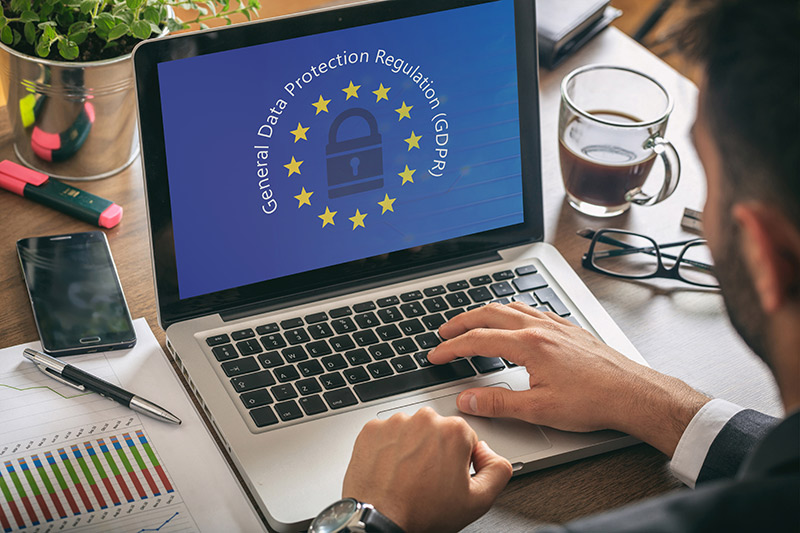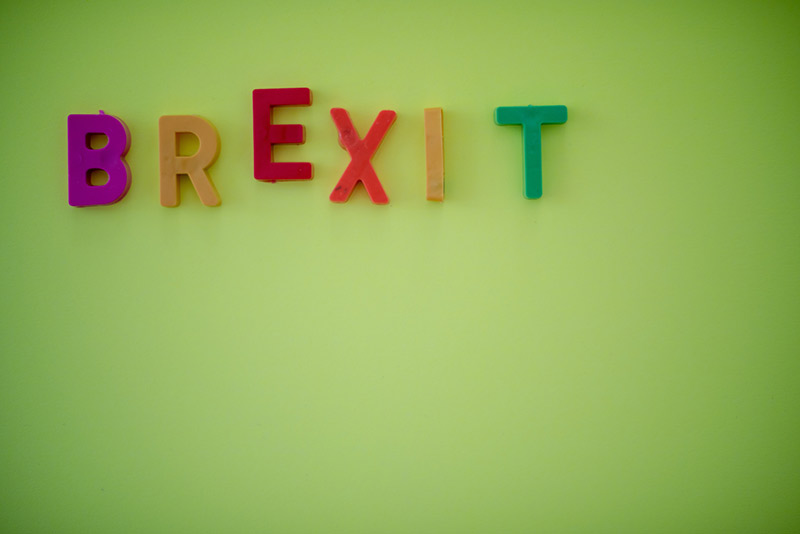The internet is a complex place, full of people scheming to get information from unsuspecting visitors. But what does this have to do with you? A lot. As an organization that uses the internet to transact with customers, collect data, and store it, you are required by law to keep any information you get safe and private. For this reason, there are regulations called GDPR and data protection. Let us look at how these processes work.
Data Protection vs GDPR
The General Data Protection Regulation is a set of laws that requires all organizations to protect the personal information and privacy of citizens of the European Union. Even if your business is not in the EU, if you process or store data of EU residents, you need to comply with GDPR.
One of the most prominent principles of the GDPR is you can gather, manage, and store personal data only if the customer explicitly agrees. You cannot use the information for purposes other than what the customer consented to or keep it longer than necessary. Consumers have the right to correct or delete any stored data about them. Failure to comply with GDPR can cost up to €20 million in penalties or 4 percent of global annual turnover, whichever is higher.
On the other hand, the Data Protection Act 2018 (DPA) is the UK’s execution of GDPR. Simply put, DPA collates and translates the GDPR requirements into UK legislation. There are a few nuances here and there between DPA and GDPR. But at the core, both laws focus on privacy and data protection.
GDPR whilst Working Remotely

The pandemic suddenly made remote work the main work option for many companies. Managing various teams in various locations only heightens the risk of a data breach. To avoid this, organisations must update their cybersecurity policies.
Train your employees on how to identify and reduce cybersecurity risks, impose appropriate safety measures to prevent attacks, monitor unusual activity and threats to your system, have a plan to recover any lost data or services that were affected in a breach.
Be sure to protect your data using encryption software. This technology locks down files and prevents unauthorised people from obtaining information from your database. Consider using a corporate virtual private network to limit access to confidential matters and prevent attackers from getting into your servers.
How does Brexit Affect GDPR?

Although the UK is no longer part of the EU, the UK government has incorporated the core principles and obligations of GDPR into the UK GDPR. There are a few amendments to reflect the country’s new status. But essentially and in practice, almost nothing has changed. Data transfer from the EU to the UK remains free-flowing unless the EU puts restrictions on the UK due to inadequacy.
It is vital to note that your organisation may need to appoint an EU representative if you offer goods and services to citizens of the EU or handle data from that economic zone.
GDPR Awareness
Everyone in the company manages data at some point as part of their job. It is, therefore, essential that all employees are aware of GDPR, its fundamental principles, how to manage sensitive information, and the rights of the customers regarding their privacy. Undergoing online data protection training on the basics of GDPR will guide workers better understand their responsibilities in safeguarding confidential data. The course will also teach the workforce the best practices of other companies in preventing violations of privacy.
Furthermore, GDPR awareness will help employees know how to identify suspected malicious activities. It will also train them on what to do if a cyberattack occurs, how to track the source of the breach, and the people to contact for further support.
This is a guest post contribution from Gerard Smithers for Virtual-College.co.uk.


